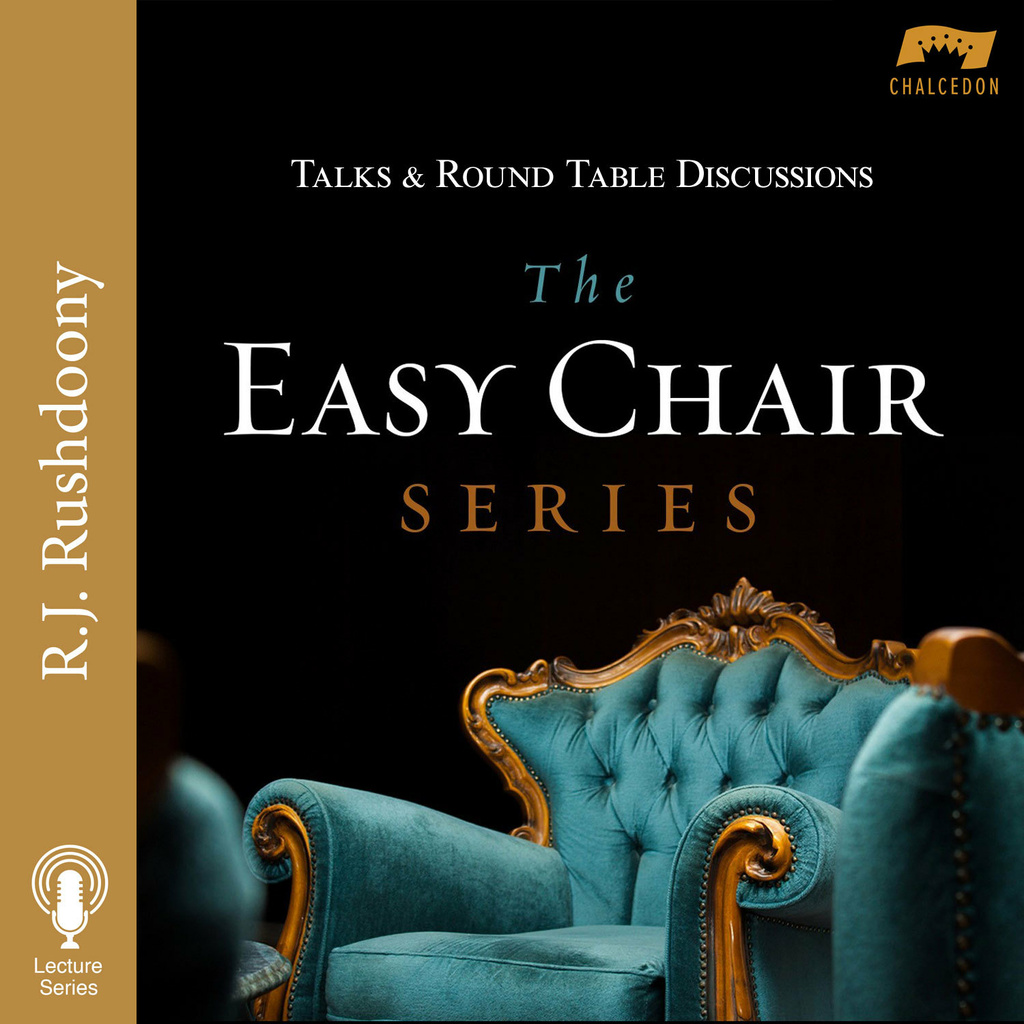
321. Immigration
We are a country of immigrants, except for the American Indians who came over centuries earlier, apparently from Asia, most of the inhabitants of the United States are immigrants who came in the early 1600s to the present. The problem, of course, is that now we have a great deal of illegal immigration. We have immigration laws that no longer follow the older pattern and concentrate on European countries. We allow many, many peoples in who have nothing in common with us, who are Moslem or members of other religions and it appears that there is an effort to break the Christian heritage and character of the United States.

- R. J. Rushdoony ,
- Otto Scott ,
- Douglas Murray ,
- Mark Rushdoony
EC321:
We are a country of immigrants, except for the American Indians who came over centuries earlier, apparently from Asia, most of the inhabitants of the United States are immigrants who came in the early 1600s to the present. The problem, of course, is that now we have a great deal of illegal immigration. We have immigration laws that no longer follow the older pattern and concentrate on European countries. We allow many, many peoples in who have nothing in common with us, who are Moslem or members of other religions and it appears that there is an effort to break the Christian heritage and character of the United States.

- R. J. Rushdoony
Rev. R.J. Rushdoony (1916–2001), was a leading theologian, church/state expert, and author of numerous works on the application of Biblical law to society. He started the Chalcedon Foundation in 1965. His Institutes of Biblical Law (1973) began the contemporary theonomy movement which posits the validity of Biblical law as God’s standard of obedience for all. He therefore saw God’s law as the basis of the modern Christian response to the cultural decline, one he attributed to the church’s false view of God’s law being opposed to His grace. This broad Christian response he described as “Christian Reconstruction.” He is credited with igniting the modern Christian school and homeschooling movements in the mid to late 20th century. He also traveled extensively lecturing and serving as an expert witness in numerous court cases regarding religious liberty. Many ministry and educational efforts that continue today, took their philosophical and Biblical roots from his lectures and books.
- Otto Scott
Otto Scott (May 26, 1918—May 5, 2006), a former Chalcedon staffer, was a journalist, business executive, and historian. He began his newspaper career at the age of sixteen and later worked for United Features Syndicate and The San Diego Union. When WWII broke out he joined the Merchant Marine. After the war, Scott worked in the advertising industry, then became editor of a manufacturing trade journal, Rubber World. In the course of his assignments, he interviewed Paul Blazer, the chairman of Ashland Oil, in Ashland, Kentucky, and was invited to write the history of the company. He would later write corporate histories for Raytheon, Black & Decker, and Arch Mineral Corporation. After his conversion to Christianity, he focused on writing about modern history, politics, and cultural trends. In his later years, he worked for Chalcedon before publishing his own newsletter, The Compass.
- Douglas Murray
- Mark Rushdoony
Mark succeeded his father, R. J. Rushdoony, as President of Chalcedon in 1998. He oversees Chalcedon's publishing arm of Christian Reconstruction literature, under the banner of Chalcedon/Ross House books and Storehouse Press. Mark has ensured that his father's works remain in print and remains committed to publishing the remaining unpublished works. He manages the Chalcedon ministry and preaches at Chalcedon Chapel in Vallecito, CA.